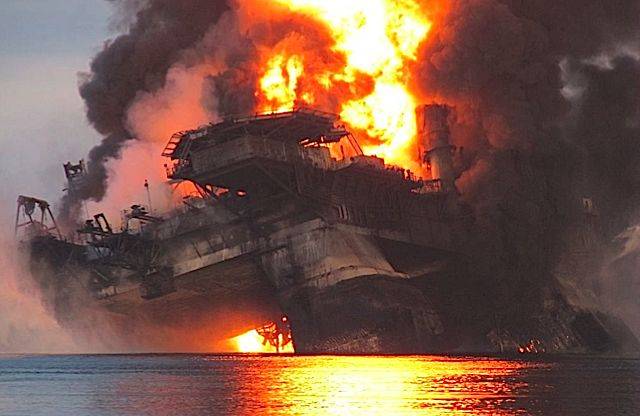Now that the Gulf of Mexico oil spill can be tried in the US under British law, the BP lawsuit widens to include UK pension funds, which have joined a group of claimants in a Texas court. The class-action lawsuit demands compensation for money lost on shares bought before the Deepwater Horizon disaster in 2010.
A pension is the income that a retired person receives.
The Deepwater Horizon disaster, in which 11 workers lost their lives, occurred when Tony Hayward was CEO. The oil rig explosion and resulting oil spill – the worst in United States history – caused immeasurable environmental damage in the Gulf of Mexico and devastated countless lives.
The spill also affected BP investors. Within weeks of the disaster, BP’s ordinary shares and its American Depository Shares fell nearly 50%.
Before the recent rulings, only investors who had purchased their BP shares in the United Sates could sue in US courts. Now, cases can be prosecuted in courts in Texas under English law.
UK pension funds could have tried to claim compensation in the British courts, but the American ones offer greater payouts.
The ball of fire from the Deepwater Horizon explosion could be seen 40 miles away.
More claimants in Europe may join
The case may soon widen to include shareholders in other European countries.
Attorneys working for Pomerantz Law are representing 32 major shareholders on a no-win-no-fee basis from several countries, including the following pension funds in the UK:
- Cumbria County Council,
- the City of Westminster County Council,
- Lincolnshire County Council,
- the London Borough of Redbridge,
- the Royal Borough of Kensington and Chelsea,
The BP lawsuit was originally estimated by the UK oil & gas giant to cost about $7.8 billion. This rose to $9.2 billion and will probably end up costing considerably more.
In an interview with London’s Evening Standard, Pomerantz attorney Jennifer Pafiti said “The fact that UK pension funds who bought stock on the London Stock Exchange can now participate in bringing claims in the US raises the prospect of recoveries where significant losses have been incurred.”
Claiming back inflated claims
Last week, BP said it was seeking a compensation return from several companies that had inflated the losses in their claims.
The oil firm told a US court that Patrick Juneau, the administrator assigned to process the claims, had approved far too may exaggerated applications.
Last year, a US court acknowledged that the claims process was unfair. BP says it wants the overpayments back “with interest”. It has also applied for an injunction in a court filing so that companies that received too much compensation cannot spend the money.
BP, based in London, employs over 85,000 workers worldwide and posted revenues totaling $396.217 billion in 2013.



